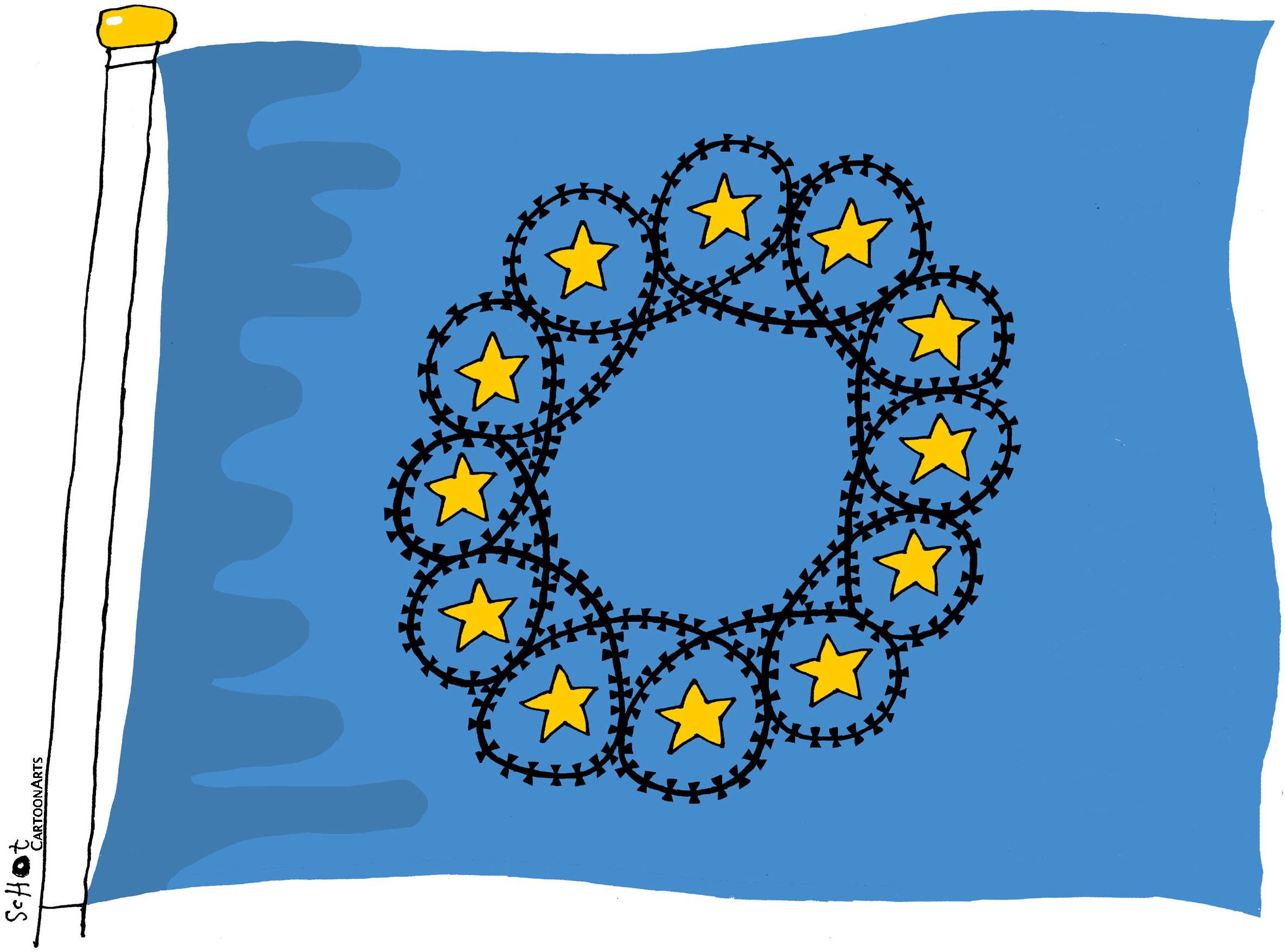COVID-19 was only just arriving from Asia when the European Commission, with the technocratic equivalent of fanfare, announced a "Conference on the Future of Europe,” to be kicked off in May. Now, of course, the various seminars, committees and working groups are in lockdown limbo. And the conference title suddenly seems exceptionally ill-chosen. For it raises the question: Does the European Union, in the long term, even have a future?
Among dyed-in-the-wool europhiles, such big and fundamental thoughts are usually disallowed. "Europe” has always muddled through, from one crisis to the next, goes their refrain. It will weather this one as well.
And yet, many Europeans increasingly have their doubts. The Brits volunteered to leave the club even before the pandemic. As morgues fill with coffins in Bergamo, Madrid and elsewhere, others no longer find that choice so outlandish. A survey conducted in March by Tecne found that 67 percent of Italians view their membership in the EU as a disadvantage. The prime minister of Spain isn’t alone in warning that, short of a political miracle, "we will fail as a union.”

















With your current subscription plan you can comment on stories. However, before writing your first comment, please create a display name in the Profile section of your subscriber account page.